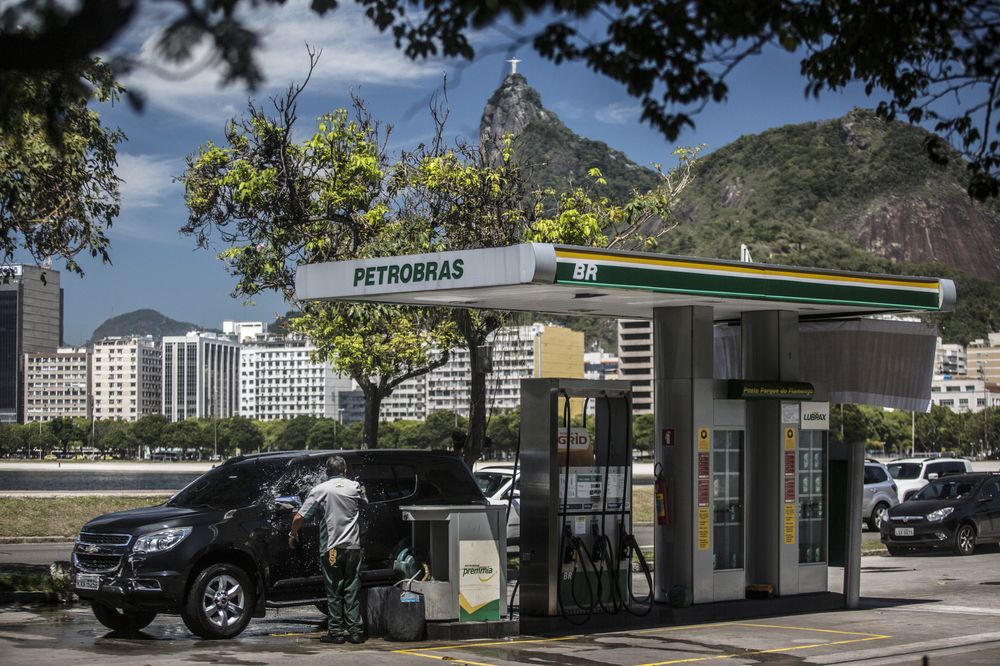
(Reuters, 12.Mar.2020) — Brazil’s state-controlled oil company Petrobras cut gasoline prices at refineries in the country by almost 10% on Thursday, the first cut since this week’s oil price collapse, a move that could boost sugar production and reduce ethanol output.
The oil company, which has a near refining monopoly in Brazil, reduced gasoline prices by 0.16 real per liter, or 9.5%, and also cut diesel prices by 0.125 real per liter, or 6.5%.
This move makes retail gasoline more competitive against ethanol, possibly cutting the biofuel’s demand and prompting mills to switch production to sugar instead, said Claudiu Covrig, a sugar analyst at S&P Global Platts.
Gasoline and ethanol compete for driver preference at pumps, since most cars in Brazil can run on both fuels.
Ethanol demand grew strongly in the last two years due to its price advantage over gasoline. That led local mills to produce more of the biofuel and less sugar, a trend that could change now.
Platts has already cut its 2020 ethanol consumption estimate for Brazil by 2.4%, estimating 40% of sugar cane will be used for producing the sweetener rather than fuel. It has increased the gasoline demand forecast by 7.5%.
“But if sugar mix advances to 42%, adding about 1.6 million tonnes of sugar to the market, or to 44%, adding 3.2 million tonnes of sugar, we shall cut hydrous demand more,” Covrig said.
Petrobras’s gasoline price cut, although large, is still far from the drop in prices for gasoline in the United States. U.S. gasoline futures sank to as low as $0.8536 a gallon on Thursday, a nearly 20% fall from Monday’s low of $1.0574 a gallon, Refinitiv Eikon data showed.
Raw sugar prices in New York extended losses after the news, falling more than 5% and reaching a session low of 11.53 cents per pound. Futures pared some of the losses later.
Brazil has taken almost 20 million tonnes of sugar out of the global market in the last two seasons by producing much more ethanol, helping erase a global surplus.
Reporting by Marta Nogueira; writing by Marcelo Teixeira; Editing by Tom Brown and Marguerita Choy
***

